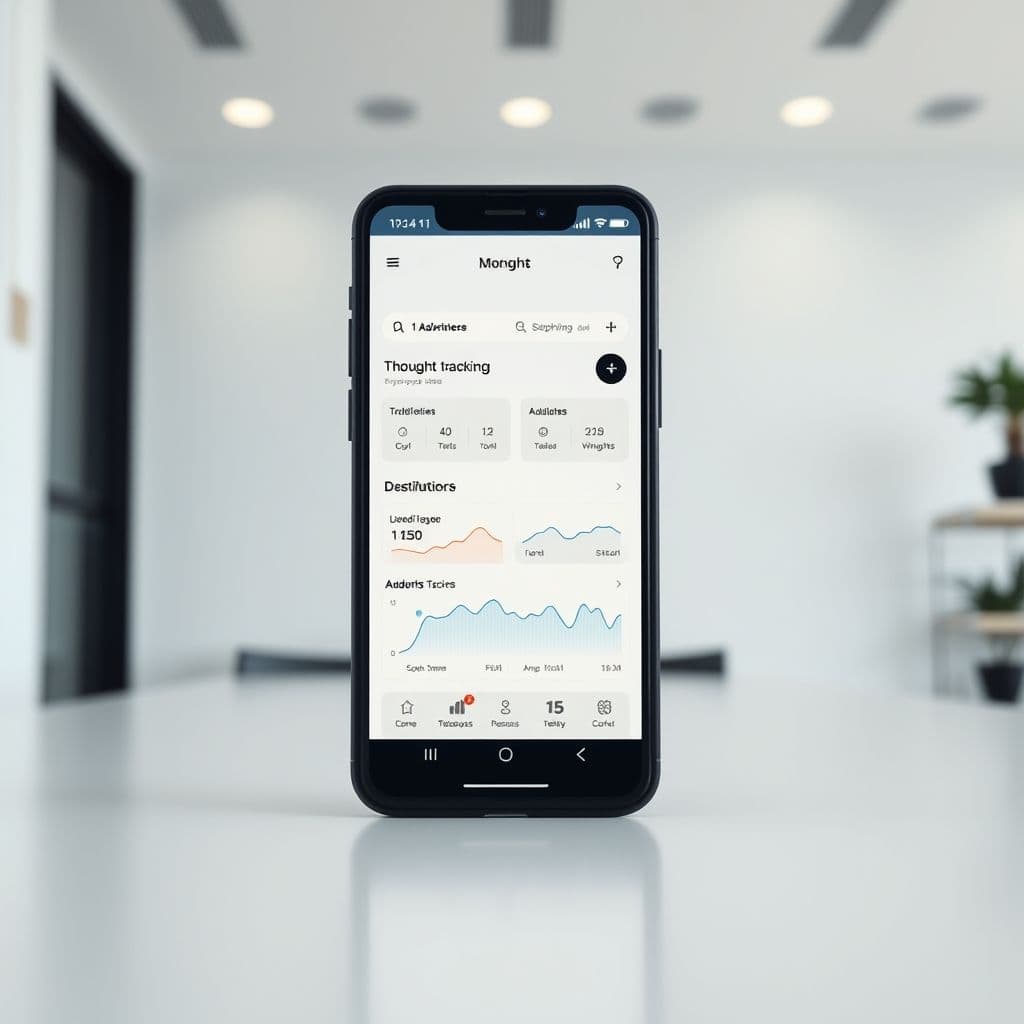10 Eye-Opening Facts About Overthinking and How a SaaS Solution Could Help

Overthinking is a common yet debilitating mental habit that affects millions. From sleepless nights to constant worry, the impact is profound. But what if a SaaS solution could help manage these thoughts and bring peace of mind? Let’s explore the problem and a hypothetical solution.
The Problem: Overthinking and Its Consequences
Overthinking isn’t just about having too many thoughts—it’s a relentless cycle that can lead to anxiety, decision paralysis, and even physical exhaustion. Users describe it as a 'never-ending carousel' or 'tabs open in the brain,' with no off switch. The consequences are severe: sleeplessness, burnout, and a constant state of worry. Comments like 'I wish I had an OFF BUTTON to my brain' highlight the desperate need for a solution.

Idea of SaaS: A Mental Health Management App
Imagine a SaaS app designed specifically for overthinkers. This hypothetical tool could track thought patterns, offer cognitive-behavioral therapy (CBT) techniques, and provide mindfulness exercises. Features might include a thought journal, guided meditations, and sleep aids to help users break the cycle of anxiety. The app could use AI to identify triggers and suggest personalized coping strategies.
The benefits would be clear: reduced anxiety, better sleep, and improved decision-making. For example, a user could log their worries before bed, receive a calming meditation, and wake up feeling refreshed instead of exhausted. The app could also include community support features, allowing users to share experiences and tips.

Potential Use Cases
This SaaS idea could serve various users: students overwhelmed by exams, professionals paralyzed by perfectionism, or anyone struggling with intrusive thoughts. For instance, a student could use the app to manage pre-exam anxiety, while a busy professional might rely on it to unwind after a stressful day. The versatility of the tool makes it a potential game-changer in mental health management.
Conclusion
Overthinking is a pervasive issue, but innovative SaaS solutions could offer much-needed relief. While this idea is still hypothetical, its potential to improve mental health is undeniable. Could such an app be the answer for overthinkers everywhere?
Frequently Asked Questions
- How feasible is it to develop this SaaS idea?
- The concept is highly feasible with current technology. AI-driven mental health apps already exist, but a specialized tool for overthinkers could fill a unique niche. Development would require expertise in psychology, app design, and user experience.
- Would this app replace therapy?
- No, it would complement therapy by providing tools for daily management. Severe cases should always consult a professional, but the app could serve as a supportive resource.


